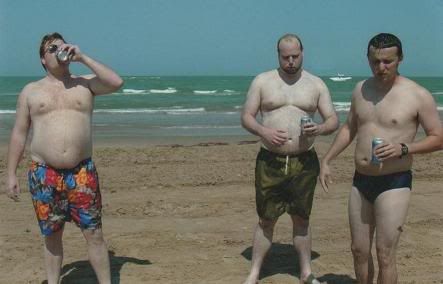The word wizard is one of the most commonly misunderstood of all neo-etymologies. Proper research reveals the necessity of casting off our fixation on bearded and robed conjurers bedazing their patrons with bubbling potions and nine-, or even thirteen-, sided dice. Such medievalist delusions, portraying the origin de nom of glorified Arthurian medicine men as deriving from "someone who is wise" are directly attributable to the fanatical rantings of Sir Walter Scott, whose opium-fuelled depictions of an idealized Saxon England are forever imprinted in the modern brain. Scott was undoubtedly familiar with the ancient Slavic legend of the spa at Wyzg, generally held to be somewhere in what is today southern Ukraine, near the trans-Dniester Republic, having travelled in the region during his youth. Appearing in texts as early as the 10th century, the waters of the spa were believed to possess powerful restorative qualities, drawing pilgrims from as far away as Novgorod and Bucharest. Throughout the centuries, the monastic order of the Wyzgar acted as both attendants and guards of the spa, providing herbal remedies and treatments, ritual purification through oak branch flogging, a the traditional meal of roasted vachuk, a large rodent (similar to nutria) held to be the literal body of the Host in the original Moldovan church, which the Wyzgar slew with long birch spears. It was the name and character of these revered healers that Scott transmogrified into the Dumbledores and Gandalfs of today, as he brought to life his vision of a world filled with wizards, warriors, and thieves, dwarves, elves, orcs and demi-men who thrive on mana and hit points, acheiving various levels of beast-riding skill based on a complicated system or rules, the world we all, at least those of us who went to public schools, know and love.
Subscribe to:
Post Comments (Atom)

No comments:
Post a Comment